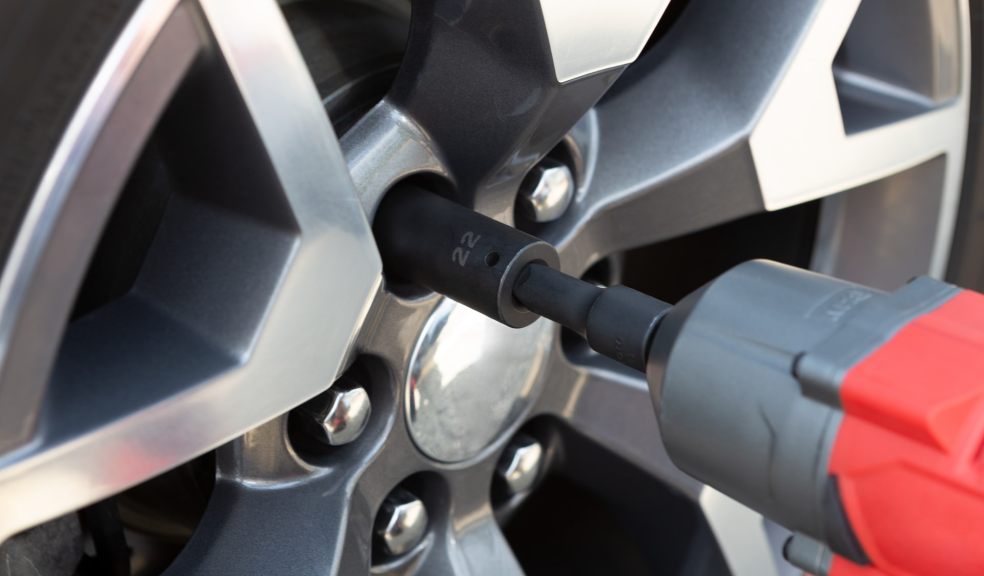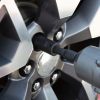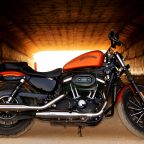
What PPE do you need for car repairs?
The events of the last few years have seen an unanticipated increase in the number of car drivers learning to maintain their vehicle themselves. A cross between an inability to visit a mechanic, and a rising cost of living making service fees especially difficult to swallow, has created a new generation of DIY home car tinkerers. But fixing a car is a dangerous thing – and it pays to be safe. So what PPE do you need to fix your car with?
Respiratory Protection
This kind of PPE is not the most commonly-required when it comes to repairing your car – but there are some specific use cases In which it is not only important, but could well be life-saving. Certain repair tasks can involve the generation of microparticles or toxic fumes, necessitating the use of a filter mask to remove the possibility of inhalation. These tasks include changing your brakes (which can expose you to dangerous brake dust), engaging with your exhaust or catalytic converter (which can result in soot and rare earth metal inhalation) and any chemical bonding work which could release toxic fumes.
Noise Protection
Loud noises are part and parcel of car repair, whether working in close proximity to a running engine or using loud power tools such as impact drivers. As such, it is important to take care of your ears while working at volume, to prevent the onset of tinnitus. Earmuffs are efficient at blocking out sound, while silicone earplugs are less liable to fall out and can retain clarity for conversations.
Head Protection
Head protection is paramount for if your car is at height, and you’re working underneath. A polyethylene hard hat will protect your skull from fumbled or falling car parts from the chassis, and enable you to work in confidence and peace. A welding mask is also a form of head protection, keeping you safe from flying sparks and superheated metal
Foot Protection
Repairing a vehicle involes the use and proximity to a variety of heavy and unwieldy objects – including the car itself. Crushing your foot is one of the easiest ways to cause yourself harm in a workshop. As such, it’s important to invest in good safety footwear, whether PVC or steel toe-capped worker’s boots, or safety shoes for workshop visits.
Eye Protection
PPE is vital to protect you from potential injury, and your eyes are the most vulnerable part of your body when it comes to fixing your car. They can be harmed by the white-hot light of welding torches, by corrosive materials used in bodywork treatment, brake fluids and battery packs, by dangerous dust particles and by shrapnel – making the use of eyewear at all times paramount – especially so when working with power tools such as angle grinders.
Protective Clothing
Protection doesn’t stop at the extremities. Mechanics wear boiler suits for more than just the useful pockets; boiler suits are often flame-retardant and hard-wearing, making it difficult to sustain burn injuries and nasty cuts from working on a car. The complete coverage a boiler suit gives can also protect your from dangerous liquids, such as battery acid and brake fluid.




















